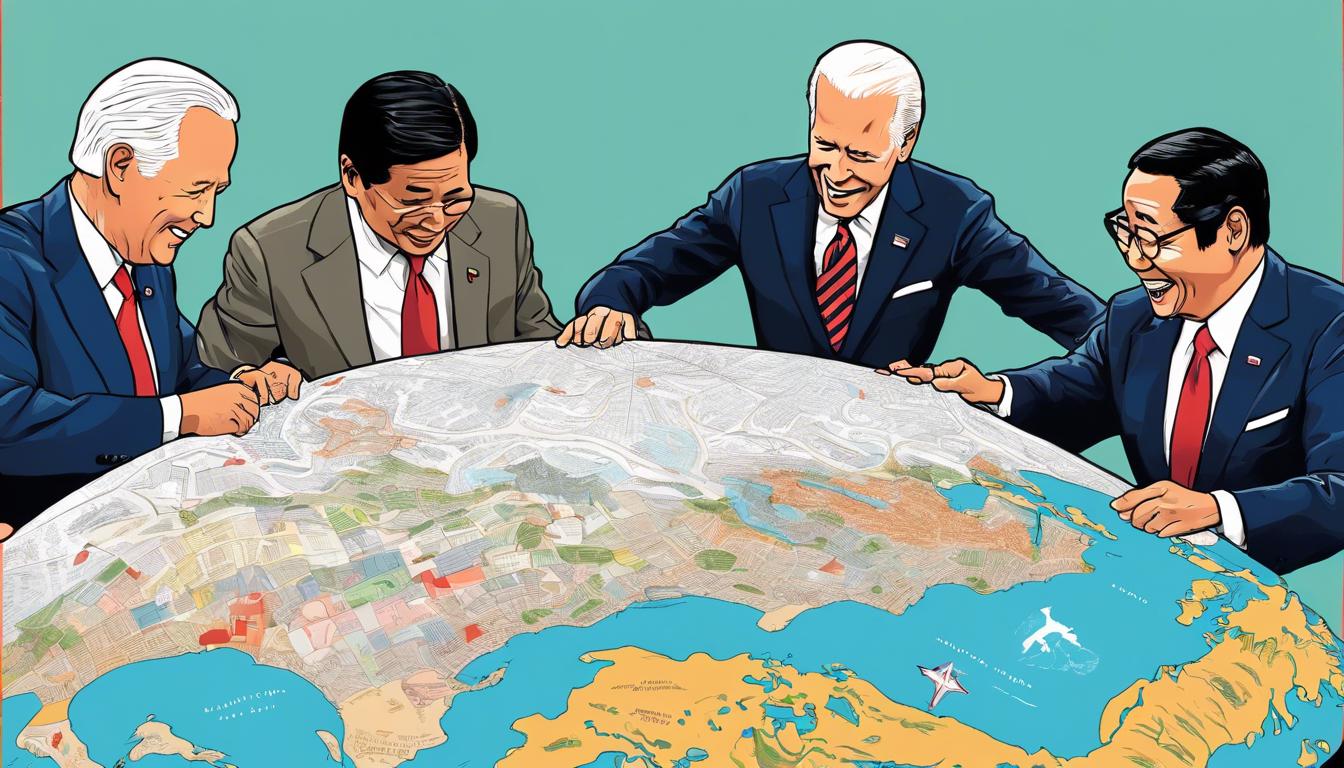US President Joe Biden hosts leaders from the Philippines and Japan, declaring mutual defense commitments and enhancing military and economic strategies in the Indo-Pacific region.
On 12th April 2024, US President Joe Biden hosted Philippine President Ferdinand Marcos Jr. and Japanese Prime Minister Fumio Kishida at the White House, where Biden declared that any attack on Philippine vessels in the South China Sea would activate the US-Philippines mutual defense treaty. This assertion aims to counter China’s military assertiveness in the region. During this summit, plans for joint coast guard patrols in the Indo-Pacific were announced, which include training Filipino and Japanese personnel aboard a US vessel.
In a related move, the U.S. Treasury is seeking to bolster the powers of the Committee on Foreign Investment in the United States (CFIUS), amid heightened scrutiny of transactions such as ByteDance’s ownership of TikTok and Nippon Steel’s proposed acquisition of U.S. Steel Corp. Proposed changes would enhance CFIUS’s subpoena powers and increase penalties for non-compliance, focusing particularly on transactions involving China and the US.
Simultaneously, the US, Japan, and South Korea conducted joint military exercises in the East China Sea, emphasizing undersea warfare and maritime operations. This activity underscores growing military cooperation amid rising regional tensions, particularly concerning territorial disputes in the South China Sea.
Further complicating international relations, concerns have resurfaced in Japan about the potential return of Donald Trump to the US presidency and the implications for US-Japan security arrangements. Trump’s previous demands for increased Japanese financial contributions for hosting US forces had strained relations.
This suite of diplomatic and military actions signals a concerted effort by the US to strengthen alliances and assert its strategic presence in the Indo-Pacific amid ongoing global and regional challenges.













